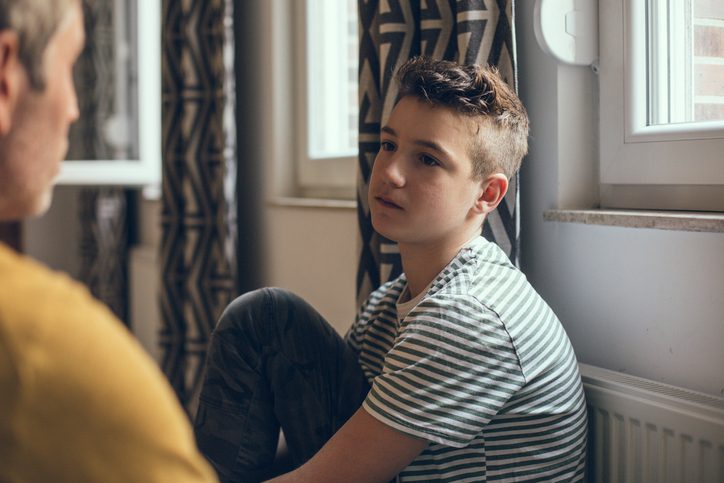


Ask the Experts: Parents Differ Over Dog
This article originally appeared in Macaroni Kid on October 21, 2020, by Luanne Starr Rhoades, LCPC, LADC, CCS; Health Affiliates Maine. Question: My son is 11 and has some significant behavioral issues including outbursts of anger, aggression, and yelling. We have...
Divorced Dad Has Disinterested Kids
I am a divorced dad and don’t see my teenage children as much as I would like due to my work requiring significant travel. We’ve grown apart a lot in recent months and now even when we do see each other, I feel like I don’t even know what to say or ask.

Struggling with Sexual Identity
My husband and I suspect our daughter (age 15) is a lesbian. Is it best for us to broach the subject with her or best to wait until she is ready to talk with us?

Teen Suicide: It’s Not Just Drama
Adolescence is a time of change, change that is often frightening and confusing for teens. Their bodies are changing. Their minds, too, are changing, but they are not yet ready for all of the decisions they face.
